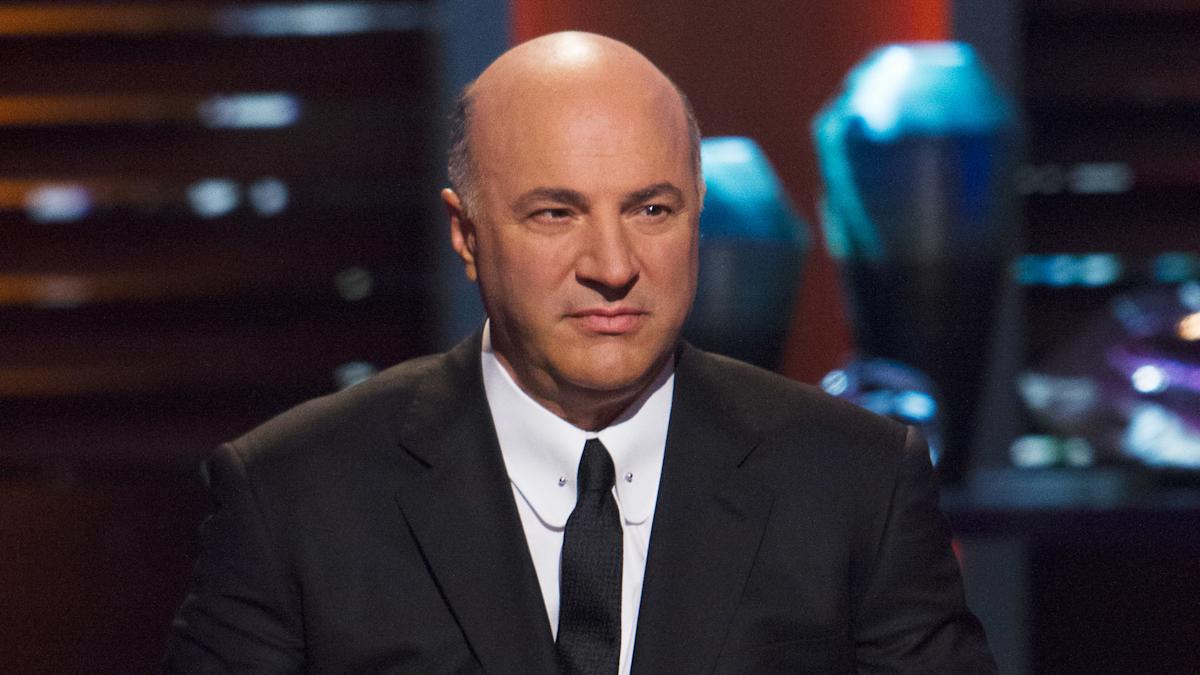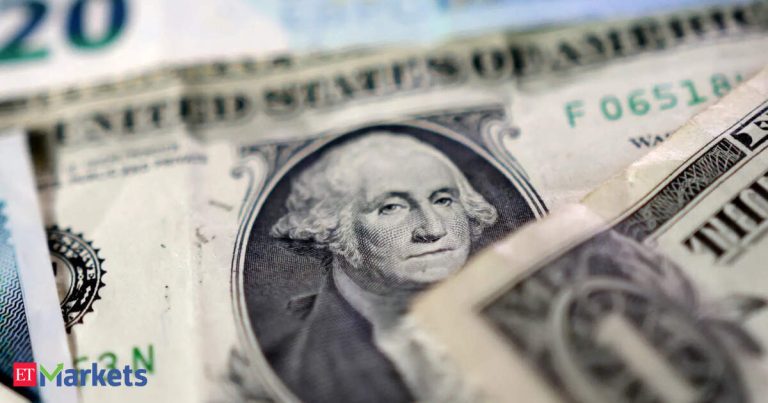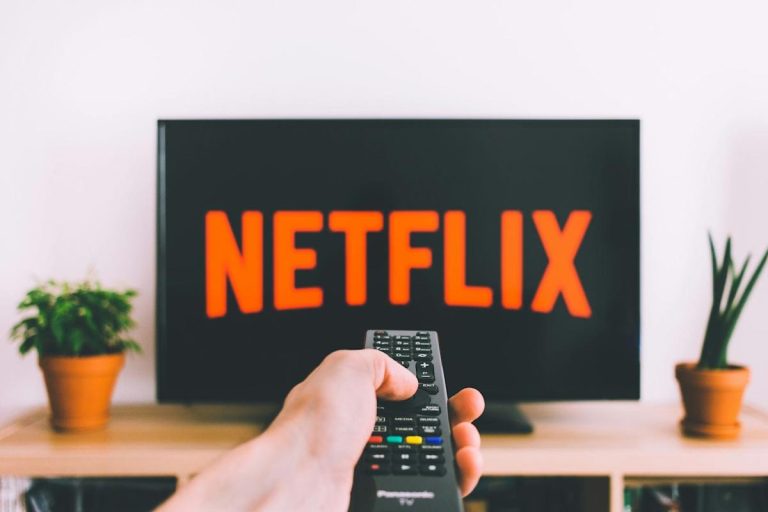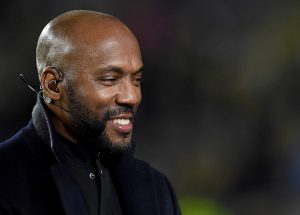Kevin O’Leary, the self-made millionaire and “Shark Tank” investor known as “Mr. Wonderful,” doesn’t mince words when it comes to financial habits that destroy wealth. After decades of building and selling companies for billions, O’Leary has identified one common habit he believes is keeping millions of Americans poor.
Find Out: Suze Orman Says If You’re Doing This, You’re ‘Making the Biggest Mistake in Life’
Read Next: 6 Popular SUVs That Aren’t Worth the Cost — and 6 Affordable Alternatives
“I can’t stand it when I see kids that are making 70 grand a year spending $28 for lunch,” O’Leary said in a recent interview with “The Diary of a CEO.” “I mean that’s just stupid.”
But this isn’t just about expensive lunches. O’Leary’s criticism goes much deeper than a single meal — it’s about a fundamental lack of financial discipline that he sees destroying people’s long-term wealth-building potential.
O’Leary’s frustration stems from watching people miss the bigger picture of compound growth. When he sees someone spending $28 on lunch, he’s not just seeing one expensive meal. He’s calculating what that money could become over time.
“Think about that in the context of that being put into an index and making 8% to 10% a year for the next 50 years,” he explained. That $28 lunch, invested instead, could grow to hundreds of dollars by retirement.
This perspective comes from lessons O’Leary learned from his mother, who built substantial wealth through disciplined saving and investing. She would take 20% of her weekly cash earnings and put it into dividend-paying stocks and bonds, maintaining this habit for 55 years.
Learn More: 4 Secrets of the Truly Wealthy, According To Dave Ramsey
O’Leary has a simple exercise he recommended to illustrate how wasteful spending habits develop: “Go into a closet. Go into your closet and look at how much stuff you have you don’t wear because you either bought it because you thought you were going to wear it and never wore it or wore it once and you end up wearing 20% of your portfolio all of the time and 80% you pissed away.”
This closet test reveals a broader pattern of poor financial decision-making. People buy things impulsively, use them rarely and then repeat the cycle. Meanwhile, that money could have been working for them in investments.
“Wealth creation comes down to one word: discipline,” he said. “The ability to look at something and say ‘I’m not going to buy that. I’m going to keep that money working for me.’”
This discipline isn’t just about avoiding expensive lunches or unnecessary clothing purchases. It’s about developing the mental framework to consistently choose long-term wealth building over short-term gratification.
“Not many people have that discipline,” O’Leary shared. “Wealthy people have that discipline. You meet them later in life, you realize when they were young and had nothing, even the ones that were employees their whole lives that are now financially free had the discipline to say no.”
O’Leary’s solution is straightforward: automatically invest 15% of your salary before you have a chance to spend it. He’s even built an app called Beanstocks specifically for this purpose, though he says there are many similar tools available.
“If you’re making $70,000 a year and you put 15% aside from when you’re 25, you’ll have over a million and a half dollars if you just invested it in the stock index in the S&P 500,” he explained. “That’s what history has told you.”
The key is automation. Removing the temptation to spend that money by having it invested before you ever see it.
O’Leary’s investment philosophy comes directly from watching his mother’s success. She followed simple rules that anyone can implement:
-
Never more than 5% in any one stock
-
Never more than 20% in any one sector
-
Focus on dividend-paying stocks and bonds
-
Never spend the principal, only the dividends and interest
“When I saw the results, I said ‘That’s it. That’s how I’m going to invest for the rest of my life,’” O’Leary recalled. Her performance over 55 years “was extraordinary” and “beyond any hedge fund.”
What makes O’Leary’s criticism so pointed is that he understands that the compound effect works both ways. Just as money invested early can grow dramatically over decades, money wasted on unnecessary purchases represents not just the immediate cost, but all the growth that money could have generated.
Someone spending $28 on lunch regularly isn’t just losing that money — they’re losing decades of potential compound returns. Over a 40-year career, those lunch splurges could easily cost hundreds of thousands in lost wealth.
O’Leary’s message isn’t about living like a miser or never enjoying life. It’s about being intentional with money and understanding the real cost of spending decisions. Every dollar spent on something unnecessary is a dollar that can’t compound and grow over time.
“There’s so much stuff you don’t need,” he said. The wealthy understand this principle and act on it consistently, while others remain trapped in cycles of consumption that prevent them from building real wealth.
For O’Leary, the path to financial freedom is clear: Develop the discipline to say no to unnecessary purchases, automate your investing and let compound growth do the heavy lifting. Those who master this habit build wealth. Those who don’t stay poor.
It’s that simple (and also that difficult).
More From GOBankingRates
This article originally appeared on GOBankingRates.com: Kevin O’Leary: This One Common Habit Is Keeping You Poor







